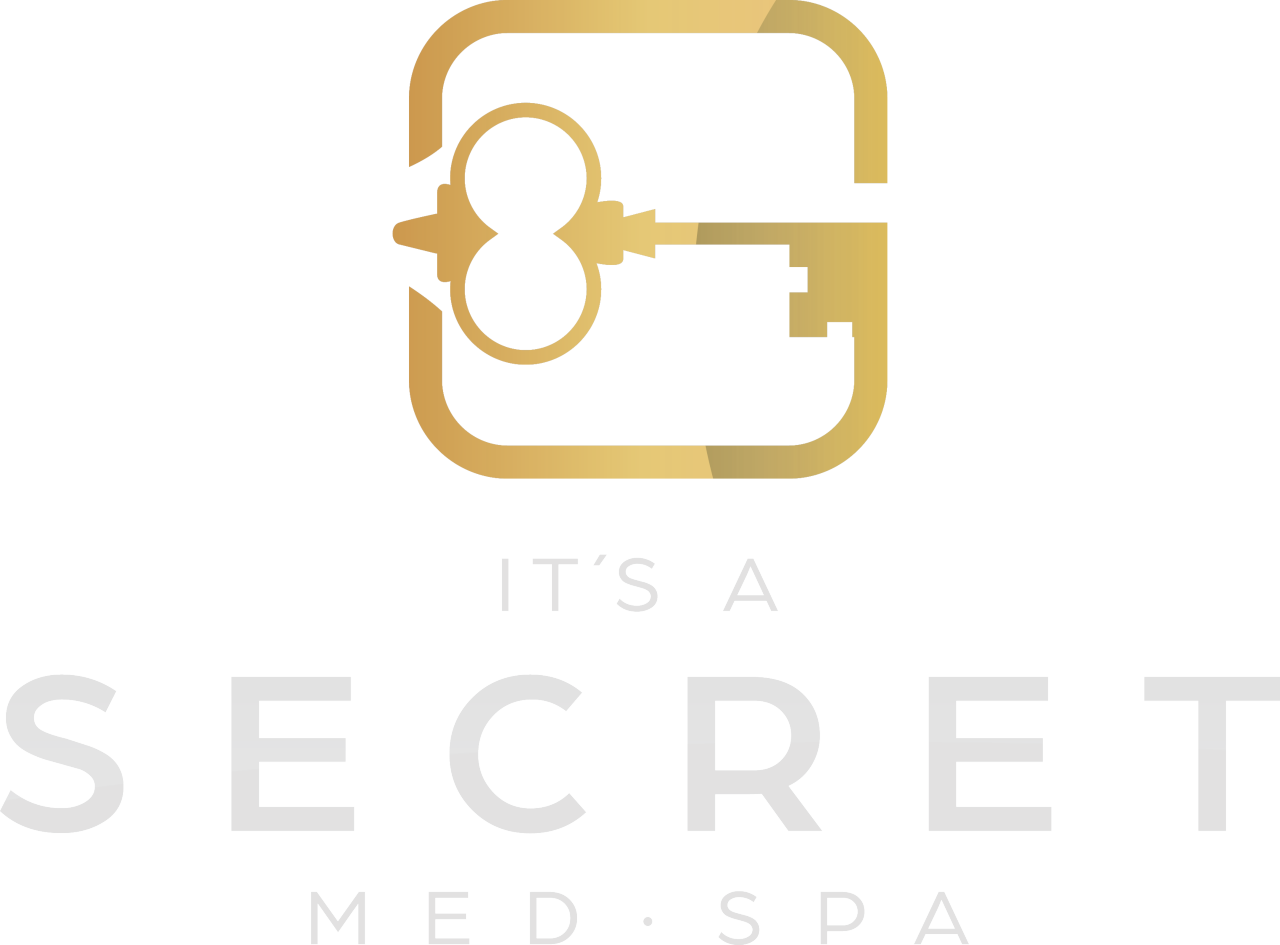Dermal Filler Pre-Care Instructions:
-
If you are anxious or worried about your procedure, feel free to talk to the healthcare practitioner who will perform your procedure. Our practitioners are highly experienced and may have suggestions that will help.
-
Avoid Aspirin, Ibuprofen, Advil, St. John’s Wort, oral Vitamin E, and non-steroidal anti-inflammatory drugs (NSAIDS) in the 24 hours prior to your treatment as they may promote the risk of bruising and bleeding in the injection area.
-
If you are currently taking anti-coagulation medications (Warfarin, Coumadin, Heparin, Lovenox, Enoxaparin, Lepirudin, Refludan, Ticlopidine Ticlid, Clopidogrel, Plavix, Tirofiban, Aggrastat, Eptifibatide, Integrilin), discuss the use of these medications with your healthcare provider prior to your treatment. You may or may not be a candidate for treatment with cosmetic dermal fillers.
-
If you are prone to cold sores (oral herpes simplex), take your prescribed medication (Famvir, Famciclovir, Valtrex, Valacyclovir, Acyclovir) as prescribed in the 24 hours prior to your treatment.
Dermal Filler Post-Care Instructions:
-
Avoid applying pressure or touching the treated area for six hours after the procedure. The area can then be gently washed with a cleanser and water.
-
Avoid vigorous scrubs, exfoliation or facial treatment in the area of treatment for 72 hours.
-
Avoid Microdermabrasion or Vibradermabrasion for 72 hours after cosmetic dermal fillers.
-
Avoid prolonged exposure to direct sunlight or UV/tanning beds for 72 hours after the procedure.
-
Avoid manipulation of the area following the injection unless specifically instructed otherwise by your healthcare practitioner.
-
For pain/discomfort, use cool packs and over-the-counter analgesics (Acetaminophen, Tylenol).
-
Oral or topical Arnica Montana, an herbal supplement, may help with reducing swelling caused by cosmetic treatments. DO NOT take Arnica Montana if you have liver or kidney problems.
-
Aspirin, Ibuprofen, Advil, St. John’s Wort, oral Vitamin E, and non-steroidal anti-inflammatory drugs (NSAIDS) may promote the risk of bruising and bleeding in the injection area.
-
If you are prone to cold sores (oral herpes simplex), take your prescribed medication (Famvir, Famciclovir, Valtrex, Valacyclovir, Acyclovir) as prescribed for the 24 hours after your treatment.
-
If signs and symptoms of infection persist (warmth at the site of injection, discharge/pus, pain/discomfort) or if you develop a fever, please contact our office so our staff may assist you.


